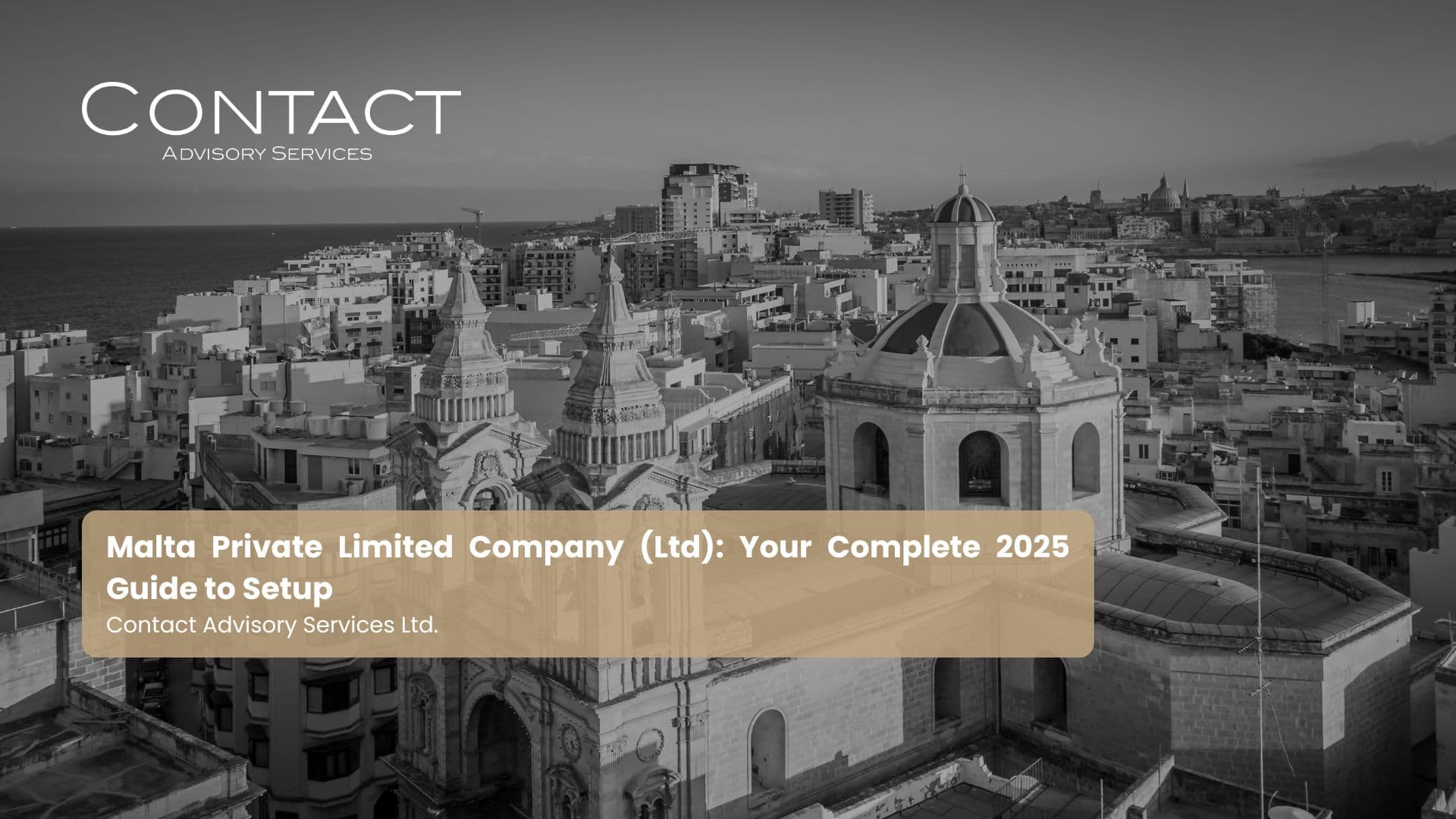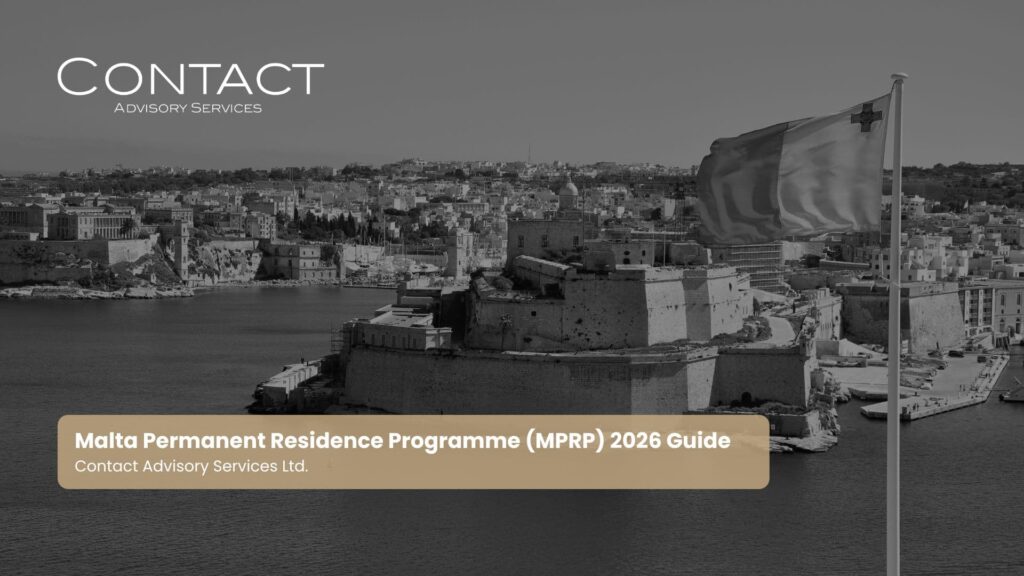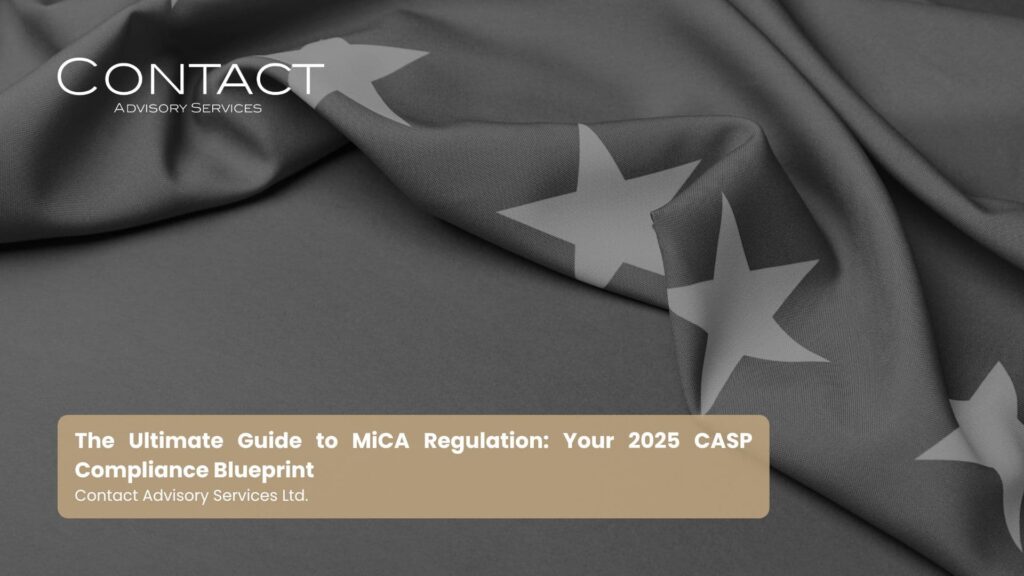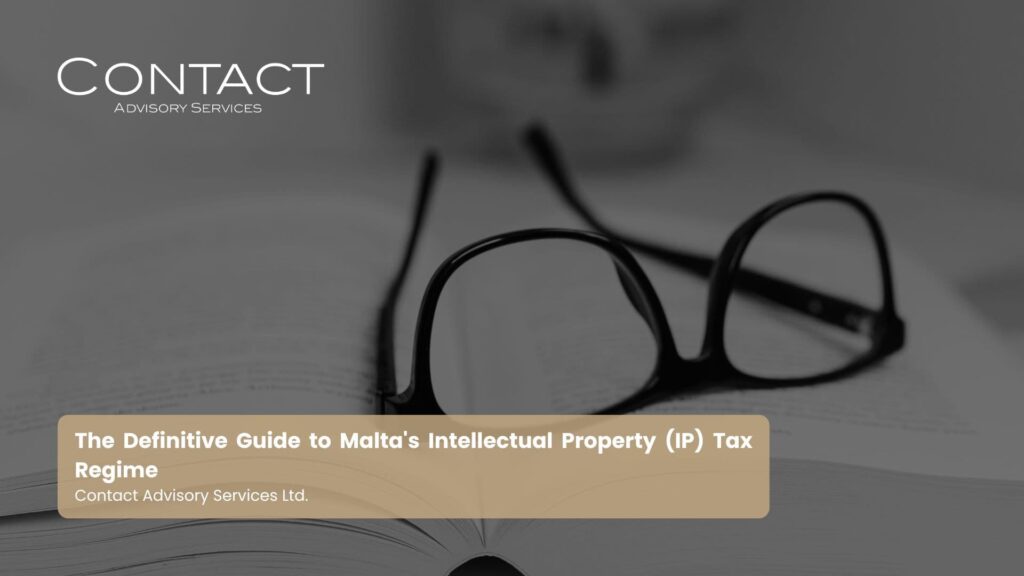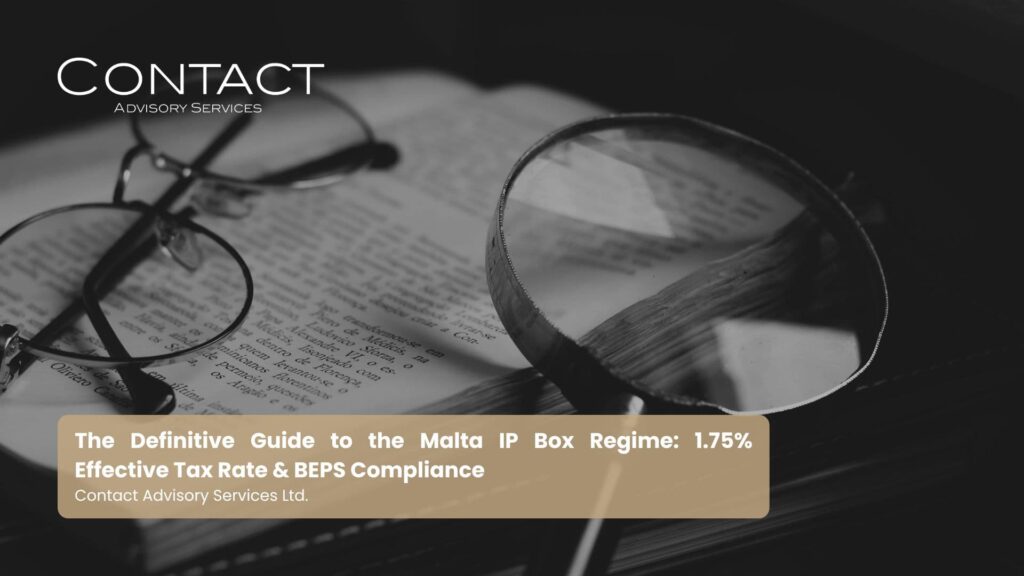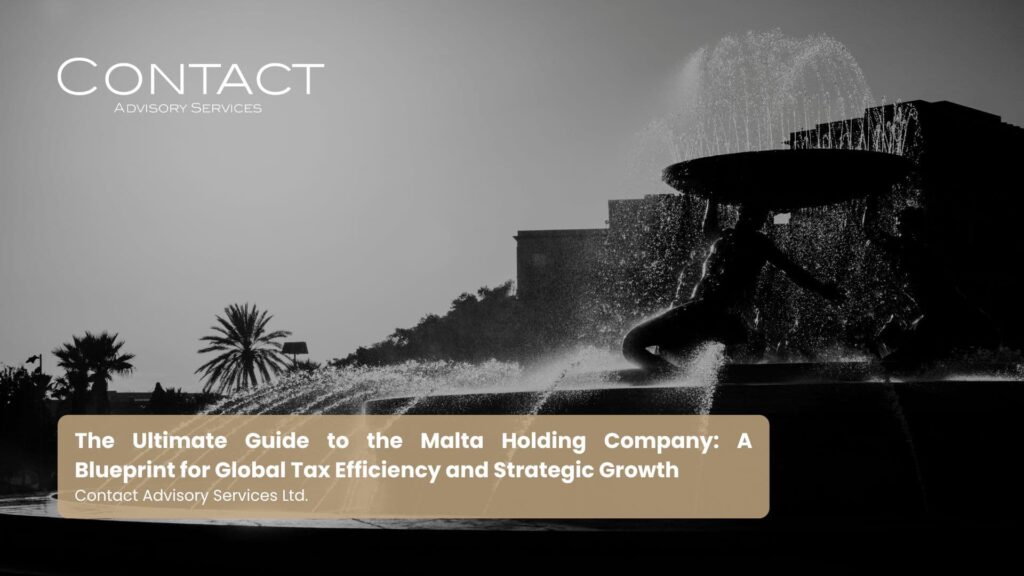Malta Private Limited Company (Ltd): Your Complete Guide to Setup & Requirements
So, you’re considering Malta as the launchpad for your next business venture or European expansion? You’ve likely heard about its strategic location, EU membership, and attractive tax system. But when it comes to the practicalities of setting up, one structure consistently emerges as the most popular choice: the Malta Private Limited Company (Ltd).
Why is the Malta Ltd the go-to for so many entrepreneurs, startups, SMEs, and even established businesses seeking a foothold in Europe? And more importantly, what exactly does it take to set one up?
Navigating the incorporation process in a new jurisdiction can feel daunting. You’re faced with questions about requirements, legal steps, costs, and ongoing obligations. This comprehensive guide is designed to demystify the entire process. We’ll take a deep dive into everything you need to know about setting up a Private Limited Company in Malta, covering the essential requirements, the step-by-step formation process, the distinct advantages, potential considerations, and how expert guidance can smooth your journey.
Whether you’re a solo entrepreneur, a growing family business, or seeking operational flexibility, understanding the Malta Ltd is your first crucial step towards leveraging this dynamic Mediterranean hub.
Why is the Malta Ltd the Preferred Choice? The Advantages Explained
The popularity of the Malta Private Limited Company isn’t accidental. It stems from a blend of flexibility, protection, and credibility that resonates with a wide range of business objectives. Let’s break down the key benefits:
- Limited Liability Protection: This is arguably the most significant advantage. An Ltd is a separate legal entity from its owners (shareholders). This means your personal assets are protected from business debts and liabilities. If the company faces financial difficulties, your personal savings, house, and other assets are generally safe. This separation provides crucial peace of mind, especially for startups and SMEs.
- Enhanced Credibility and Professional Image: Operating as a registered Ltd lends significant credibility to your business. It signals a formal structure, seriousness, and commitment to potential clients, suppliers, investors, and financial institutions, often perceived as more stable and trustworthy than sole proprietorships or partnerships.
- Access to the EU Single Market: As Malta is a full EU member state, a Malta Ltd provides seamless access to the vast European single market. This allows for easier trade, collaboration, and expansion across EU borders without the complexities often faced by non-EU entities.
- Potential Tax Efficiency: Malta offers a competitive corporate tax framework. While the standard corporate tax rate is 35%, the full imputation system and the potential for significant tax refunds for eligible shareholders (especially non-residents) can dramatically lower the effective tax rate, sometimes down to 5% or even 0% in specific scenarios (like holding companies receiving qualifying dividends). This makes registering an Ltd in Malta particularly attractive for international business structures. (Note: Always seek professional tax advice for your specific situation).
- Operational Flexibility: Malta Ltds offer considerable flexibility in terms of management structure and operations. You can appoint corporate entities as directors or shareholders, utilize nominee shareholders (subject to regulations), and adapt the company’s internal rules (via the M&A) to suit your needs.
- Relatively Low Setup Requirements: Compared to Public Limited Companies (PLCs) or Societas Europaea (SEs), the minimum share capital requirement for a Malta Ltd is accessible, making it feasible for startups and SMEs.
- Clear Legal Framework: Malta’s company law is largely based on UK legislation and aligns with EU directives, providing a familiar and robust legal framework for international businesses.
Meeting the Mark: Essential Requirements for Your Malta Ltd
Before diving into the process, you need to ensure you meet the foundational requirements stipulated by Maltese law and the Malta Business Registry (MBR).
- Minimum Shareholders: You need at least one shareholder. This can be an individual (of any nationality) or another corporate entity (Maltese or foreign). For smaller setups, a single person can be both the sole shareholder and sole director.
- Minimum Directors: At least one director is required. Like shareholders, directors can be individuals or corporate bodies, and there’s no residency requirement for directors. However, appointing at least one director familiar with Maltese regulations or based locally can significantly aid compliance and operational efficiency. Using local expertise, like that offered by Contact Advisory Services Ltd., is often recommended.
- Company Secretary: Appointing a company secretary is mandatory for every Malta Ltd. This role is crucial for ensuring corporate governance and compliance. The secretary must be an individual (not a corporate body) and is responsible for maintaining statutory records, filing documents with the MBR, and ensuring adherence to legal requirements. While there’s no strict residency rule, practical considerations and local knowledge often favour appointing a Malta-based professional.
- Minimum Share Capital: The minimum authorized share capital for a Malta Private Limited Company is €1,164.69. Of this amount, at least 20% (€232.94) must be paid up front before registration and deposited into a bank account in the company’s name (pending incorporation). The share capital can be denominated in Euros (€) or any other major currency.
- Registered Office Address: Your Ltd must have a physical registered office address located in Malta. This is the official address for all legal correspondence and communications from authorities like the MBR. It cannot be just a PO Box. Companies often use the services of authorized Company Service Providers, like Contact Advisory Services Ltd., to fulfil this requirement efficiently.
- Unique Company Name: The proposed name for your company must be unique and not misleading or offensive. It shouldn’t be identical or confusingly similar to existing company names registered in Malta. The name must end with the suffix “Limited” or “Ltd”. You can check name availability with the MBR, often facilitated by your formation agent.
The Blueprint: Your Step-by-Step Guide to Malta Ltd Formation
Once you’ve confirmed you meet the requirements, the actual incorporation process begins. While streamlined, it involves several key steps, often best navigated with professional assistance. Here’s a typical roadmap:
- Engage a Company Formation Agent (Recommended): While not mandatory, engaging an MFSA-authorised agent like Contact Advisory Services Ltd. is highly recommended. We possess in-depth knowledge of Maltese company law, MBR procedures, and potential pitfalls, ensuring a smooth, compliant, and efficient registration. We handle the paperwork, liaise with the MBR, and guide you through each stage.
- Due Diligence & KYC Compliance: Before proceeding, you (and all directors, shareholders, beneficial owners) will need to provide identification and verification documents to comply with Know Your Customer (KYC) and Anti-Money Laundering (AML) regulations. This typically includes certified passport copies, proof of residential address, and possibly bank references or professional references.
- Company Name Reservation: Choose your desired company name (ensuring it ends in “Ltd” or “Limited”) and check its availability. Your agent can perform this check and reserve the name with the Malta Business Registry (MBR) to prevent others from using it while you prepare the documentation.
- Drafting the Memorandum and Articles of Association (M&A): This is the constitutional document of your company.
- The Memorandum outlines essential details: company name, registered office address in Malta, company objects (its intended activities), authorized and issued share capital, and details of the initial shareholders.
- The Articles detail the internal regulations: rules governing director appointments, shareholder meetings, share transfers, dividend distribution, etc.
Standard templates are available, but tailoring the M&A (especially the Articles) to your specific needs is often advisable. Your agent will draft or review these crucial documents.
- Share Capital Deposit: Deposit the minimum paid-up portion of your share capital (at least 20% of €1,164.69) into a designated bank account opened ‘in formation’ for the company. You’ll need proof of this deposit (a bank deposit slip or confirmation) for the MBR application.
- Application Submission to MBR: Compile all necessary documents:
- Completed MBR Application Form
- Signed Memorandum and Articles of Association
- KYC/Due Diligence documents
- Proof of Share Capital Deposit
- Passport copies/IDs for Directors, Shareholders, Secretary
- Relevant MBR registration fees
As of 2025/2025, the MBR operates a fully online registration system, meaning scanned copies of signed documents are generally accepted, simplifying the process significantly, especially for international clients. Your agent submits this package electronically.
- Registration & Certificate Issuance: The MBR reviews the submitted documentation. If everything is in order, they will issue the official Certificate of Registration. This certificate confirms your company’s legal existence, its registration number, and the date of incorporation. Congratulations, your Malta Ltd is officially formed!
- Post-Registration Essentials: Formation isn’t the final step. You’ll need to:
- Obtain a Tax Identification Number (TIN): Apply to the Maltese tax authorities (Commissioner for Revenue) for a TIN.
- Register for VAT (if applicable): Depending on your business activities and turnover thresholds, VAT registration might be required.
- Open a Permanent Corporate Bank Account: With the Certificate of Registration, you can now fully activate the corporate bank account. This can sometimes be challenging; experienced advisors can assist.
- Obtain Necessary Licenses/Permits: Depending on your specific industry (e.g., gaming, financial services, hospitality), you may need additional operating licenses.
This detailed process highlights why professional support is invaluable, streamlining the journey and ensuring every step aligns with the comprehensive requirements for Malta company formation.
Weighing the Options: Potential Considerations & Downsides
While the Malta Ltd offers compelling advantages, it’s essential to have a balanced view. Consider these points:
- Compliance Burden: Compared to being a sole trader, running an Ltd involves more administrative and compliance obligations (annual returns, potential audits, maintaining statutory records).
- Public Disclosure: Certain company information (directors, shareholders, annual accounts) is publicly available through the MBR, offering less privacy than some other structures.
- Setup Costs & Time: While relatively efficient, there are associated costs (MBR fees, potential agent fees) and the process takes time (typically 1-3 weeks after document submission, dependent on MBR processing and client responsiveness).
- Bank Account Opening: While improving, opening a corporate bank account in Malta (or elsewhere for a Maltese company) can sometimes face delays or require extensive due diligence from banks. Working with established service providers can often facilitate this.
- Potential for Audit Requirement: Depending on thresholds, annual audits by independent auditors may be required, adding to annual costs.
These factors aren’t necessarily ‘cons’ but rather operational realities to factor into your decision and planning when considering setting up a private limited company in Malta.
Understanding the Investment: Costs Involved in Malta Ltd Setup
Providing an exact figure is difficult as costs vary based on specific needs and service provider fees. However, here’s a breakdown of typical cost components:
- MBR Registration Fee: The fee payable to the Malta Business Registry depends on the authorized share capital. For companies with the minimum share capital (€1,164.69), the registration fee is currently around €245 (this includes the registration itself and initial certified copies, but always verify current fees).
- Minimum Paid-Up Share Capital: You need to deposit at least €232.94 (20% of the minimum). This isn’t a fee but capital injected into your company.
- Registered Office Fees: If using a service provider, expect an annual fee for providing the mandatory registered address.
- Company Secretary Fees: If outsourcing this role, annual fees apply.
- Company Service Provider / Formation Agent Fees: This varies significantly based on the provider and the scope of services included (basic registration vs. full package including bank account assistance, tax registration, etc.). Fees can range from several hundred to a few thousand Euros.
Contact Advisory Services Ltd. offers transparent pricing for tailored packages covering the entire Malta company registration process. We encourage you to reach out for a specific quote based on your requirements.
Life After Formation: Ongoing Compliance for Your Malta Ltd
Registering your company is just the beginning. To maintain good standing and comply with Maltese law, you have ongoing annual obligations:
- Annual Return: File an Annual Return with the MBR, confirming company details (directors, shareholders, registered office) and pay the associated annual fee.
- Financial Statements: Prepare annual financial statements compliant with International Financial Reporting Standards (IFRS) as adopted by the EU.
- Audits (Potentially): Depending on size thresholds (turnover, assets, employees), your financial statements may need to be audited by a certified Maltese auditor. Smaller companies might be exempt.
- Corporate Tax Return: File an annual corporate income tax return with the Commissioner for Revenue.
- VAT Returns (if applicable): File periodic VAT returns if VAT registered.
- Maintaining Accounting Records: Keep accurate and up-to-date accounting records throughout the year.
Failure to meet these obligations can result in penalties and jeopardize your company’s status. Proactive management or engaging professional support for these tasks is crucial.
How Contact Advisory Services Can Simplify Your Malta Ltd Setup
Setting up a Private Limited Company in Malta presents a fantastic opportunity, but navigating the process requires careful planning and execution. That’s where Contact Advisory Services Ltd. comes in.
As an MFSA Authorised Company Services Provider based right here in Malta, we specialise in guiding entrepreneurs and businesses like yours through every stage of the Malta company formation journey. Our expertise covers:
- Consultation: Understanding your needs to ensure the Ltd structure is the right fit.
- Documentation: Assisting with KYC, drafting bespoke M&As, and preparing all MBR application documents.
- MBR Liaison: Handling the entire submission process and communications with the Malta Business Registry.
- Post-Formation Support: Assisting with Tax/VAT registration, bank account opening facilitation, and introductions to trusted auditors.
- Ongoing Services: Providing registered office, company secretarial, and compliance support to keep your company in good standing.
We pride ourselves on offering a seamless, compliant, and efficient service, leveraging our deep understanding of Maltese regulations and the broader company registration in Malta landscape.
Ready to take the next step towards establishing your Malta Private Limited Company? Let our expert team handle the complexities, allowing you to focus on building your business.
Get in touch with us today for a no-obligation consultation:
Email: info@contact.com.mt
Learn More about our comprehensive services here
Conclusion: Is the Malta Ltd Right for You?
The Malta Private Limited Company (Ltd) offers a compelling blend of liability protection, EU market access, operational flexibility, and potential tax advantages, making it the most popular choice for setting up a company in Malta. While the process involves specific requirements and steps – from meeting minimum share capital thresholds (€1,164.69 with 20% paid-up) to appointing directors and a secretary, and navigating the MBR registration – it is a well-trodden and efficient path, especially with expert guidance.
Understanding both the significant benefits and the ongoing compliance responsibilities is key to making an informed decision. For startups, SMEs, family businesses, and international entrepreneurs looking for a credible and advantageous EU base, the Malta Ltd provides a robust and highly effective structure.
Don’t let the perceived complexity hold you back. With the right preparation and support from experienced professionals like Contact Advisory Services Ltd., forming your Malta Ltd can be a smooth and strategic move, unlocking the door to Maltese and European business opportunities.
Ready to explore how a Malta Ltd can benefit your specific business goals? Contact us at info@contact.com.mt to start the conversation.

